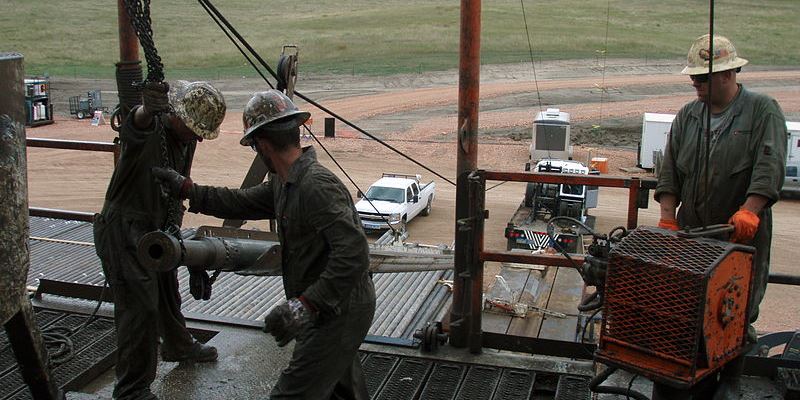Trans Mountain expansion good for all Canadians—and Confederation

Canadians on Monday elected a minority Liberal government. Now it’s time for the Trudeau government to reciprocate and govern in the best interest of all Canadians. Among other things, that means building the Trans Mountain pipeline expansion.
While Canada’s insufficient pipeline capacity is often framed as an issue that only impacts oil-producing provinces, that simply isn’t the case. The economic and social benefits of Canada’s natural resource sector extend well beyond Western Canada. We should think about national energy infrastructure as a country, rather than as isolated provinces.
First, let’s consider how we got here. Unfortunately, building new pipelines in Canada has been nearly impossible in recent years, mainly due to political opposition and regulatory and environmental impediments. The Trans Mountain pipeline expansion, which will run between Edmonton and Burnaby, B.C., was first approved by the federal cabinet in 2016 after a five-year approval process that included environmental assessments and Indigenous consultation.
In 2018, the federal government was forced to nationalize the project (that is, buy it with taxpayer dollars) in a last-ditch effort to save it, after political opposition to the expansion prompted Kinder Morgan, one of the largest energy infrastructure companies in North America, to back out.
Later that same year, the Federal Court of Appeal rescinded the original approval, citing both an insufficient environmental review and inadequate Indigenous consultation before the Canada Energy Regulator or CER (formerly the National Energy Board) deemed the project in the public interest and reiterated its approval, subject to conditions.
Finally, in June 2019, following the CER’s approval and further consultations with Indigenous communities, the federal government re-approved the project, citing the national importance for all Canadians.
Second, on the topic of national importance, let’s outline the tremendous contribution of the natural resource sector to the Canadian economy. The oil and gas industry alone accounts for almost 8 per cent of Canada’s GDP and a significant share of tax revenue collected by governments. What’s more, the oil and gas sector supports employment and economic activity in Western Canada and contributes to the national economy.
Finally, our energy sector has suffered terribly from insufficient pipeline capacity. The lack of capacity for oil exports has greatly reduced the price Canadian oil producers receive for their products. The pipeline pinch reached a crisis point last November when Canadian heavy crude (WCS) traded at only about 30 per cent of U.S. crude (WTI). And according to a recent study, insufficient pipeline capacity cost Canada’s energy sector $20.6 billion—or one per cent of the country’s economy—in foregone revenues in 2018 alone. And crucially, steep discounts for heavy crude and insufficient capacity means less investment in the sector and fewer jobs for Canadians.
In addition to the negative impacts on Canada’s energy industry, these high price differentials also result in lower revenues for energy-producing provinces (including Alberta and Saskatchewan) and Ottawa. This is revenue that could have been used for vital services such as health care and education and/or lower taxes.
Clearly, if the new government is truly concerned with the best interests of the country and bringing Canadians together, building the Trans Mountain pipeline expansion should be a top priority.


